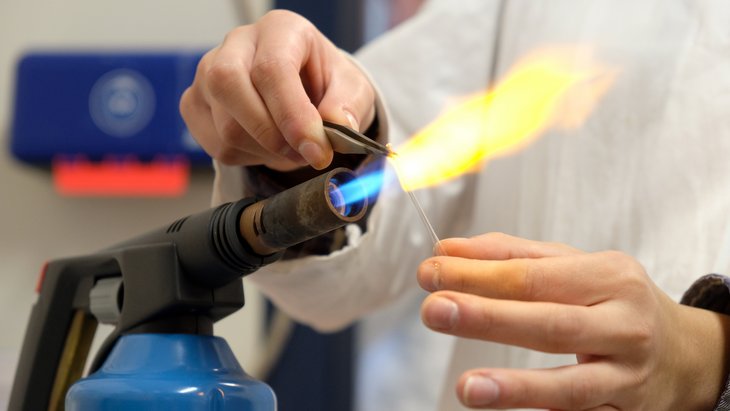Once a year, the University of Rostock's Research Diving Center offers a part-time course to become a research diver in accordance with DGUV R 101-023. The University of Rostock and the Leibniz Institute for Baltic Sea Research Warnemünde cooperate in this program, supported by additional lecturers, experienced trainers, and assistants. The training is divided into the following sections:
The theoretical part (approx. 80 hours of lectures/seminars) is open to all university members free of charge and takes place in February-March (9:30 a.m.-4:00 p.m., 3 weeks). The lecture content includes law, diving physics, technology, physiology, medicine, accidents, and practical procedures in research diving. The lecture concludes with the module exam Fundamentals of Scientific Diving.
The practical training is subject to a fee and is limited to 10 participants. Prerequisites are very good physical condition and diving fitness. Diving fitness for research divers is a mandatory occupational health examination and may only be performed by occupational physicians with special expertise who must also be able to assess the workplace of the research diver.
The practical parts consist of indoor pool and open water training:
The indoor pool training (6:00 a.m. to 8:00 a.m., at least 20 hours of exercises) and the theory (9:00 a.m. to 4:00 p.m.) are taught over three weeks in February and March. The open water training includes 70 dives (30 hours of diving time) and diving service (approx. 100 hours) and takes place at Lake Schwerin (2 weeks, beginning of May) and in the Baltic Sea (3 weeks, June–July). Each course is completed with an exam administered by the examination board for research divers at BG Bau.
https://www.fotau.uni-rostock.de/ausbildung/








